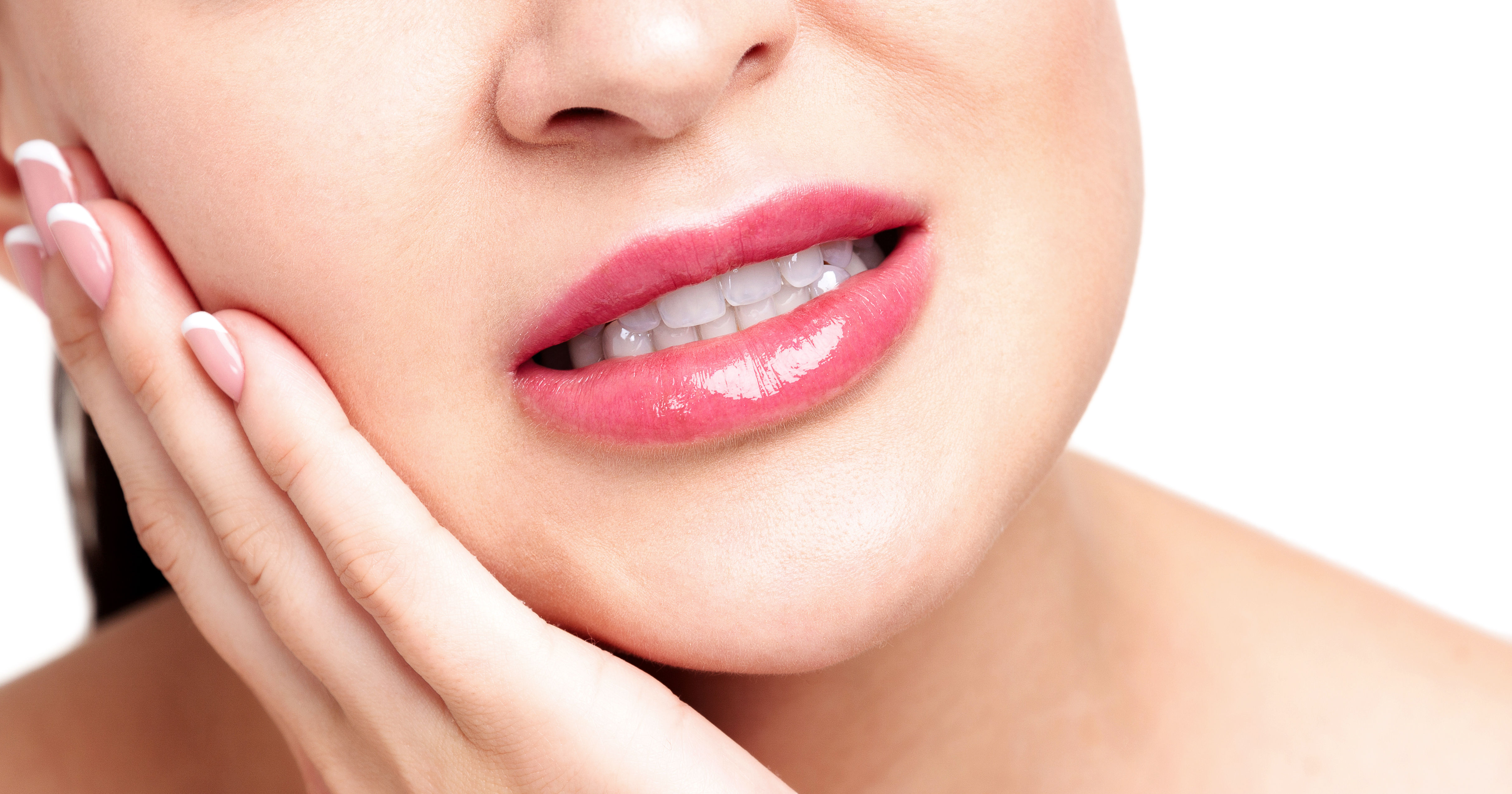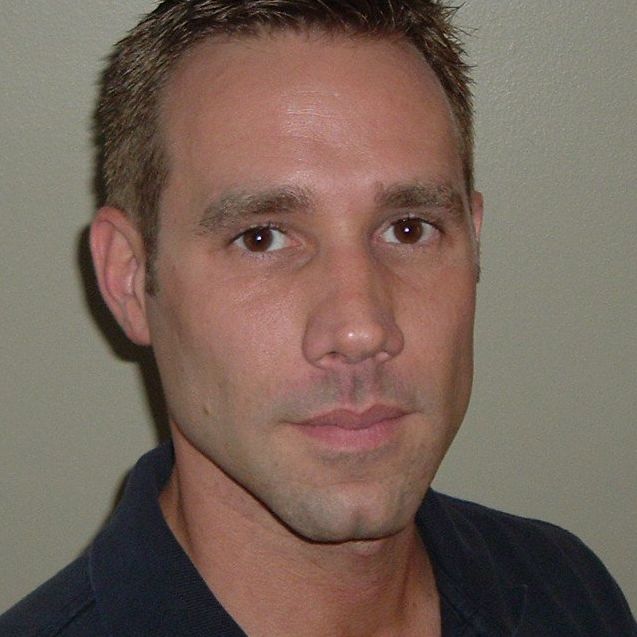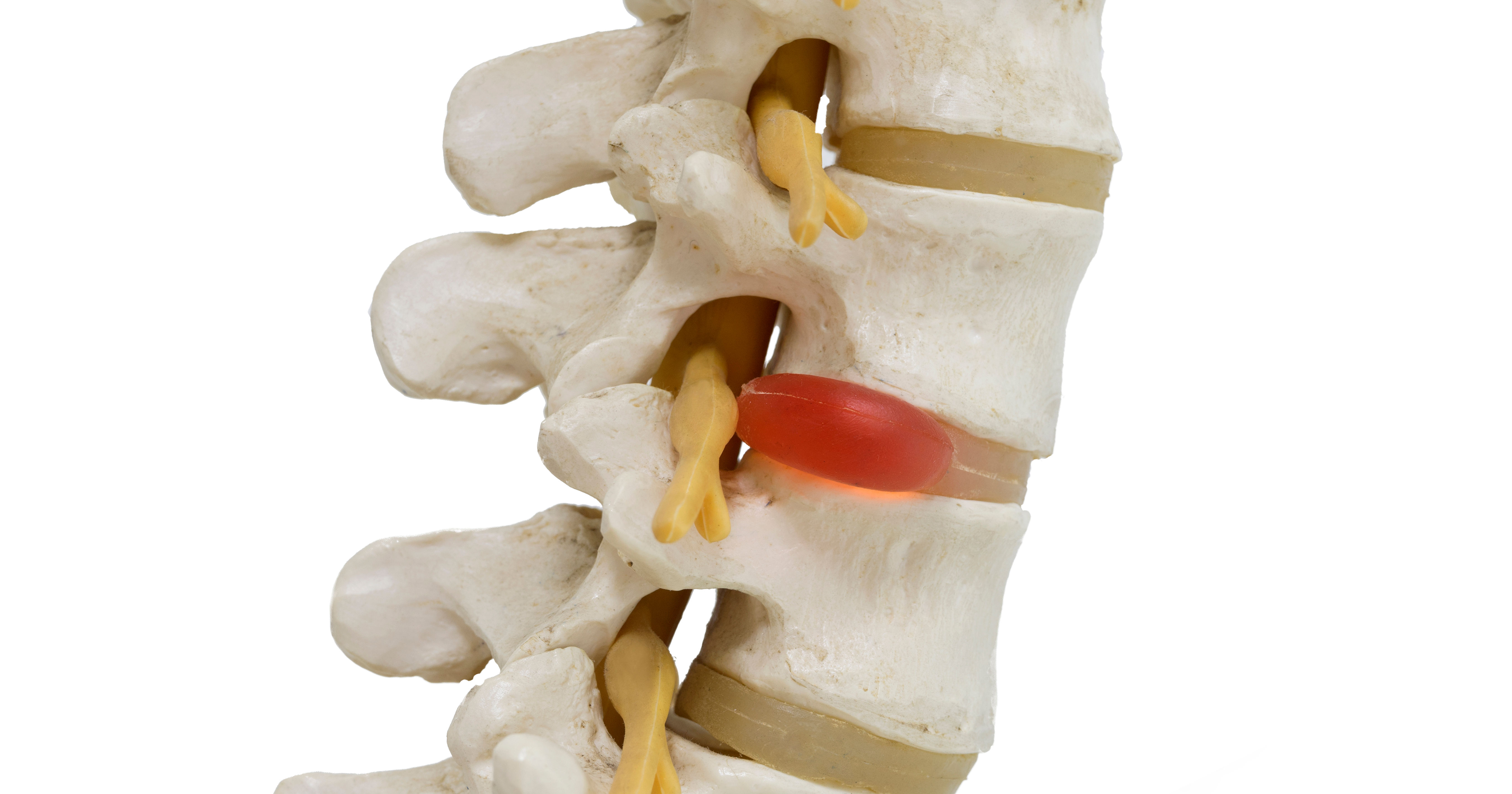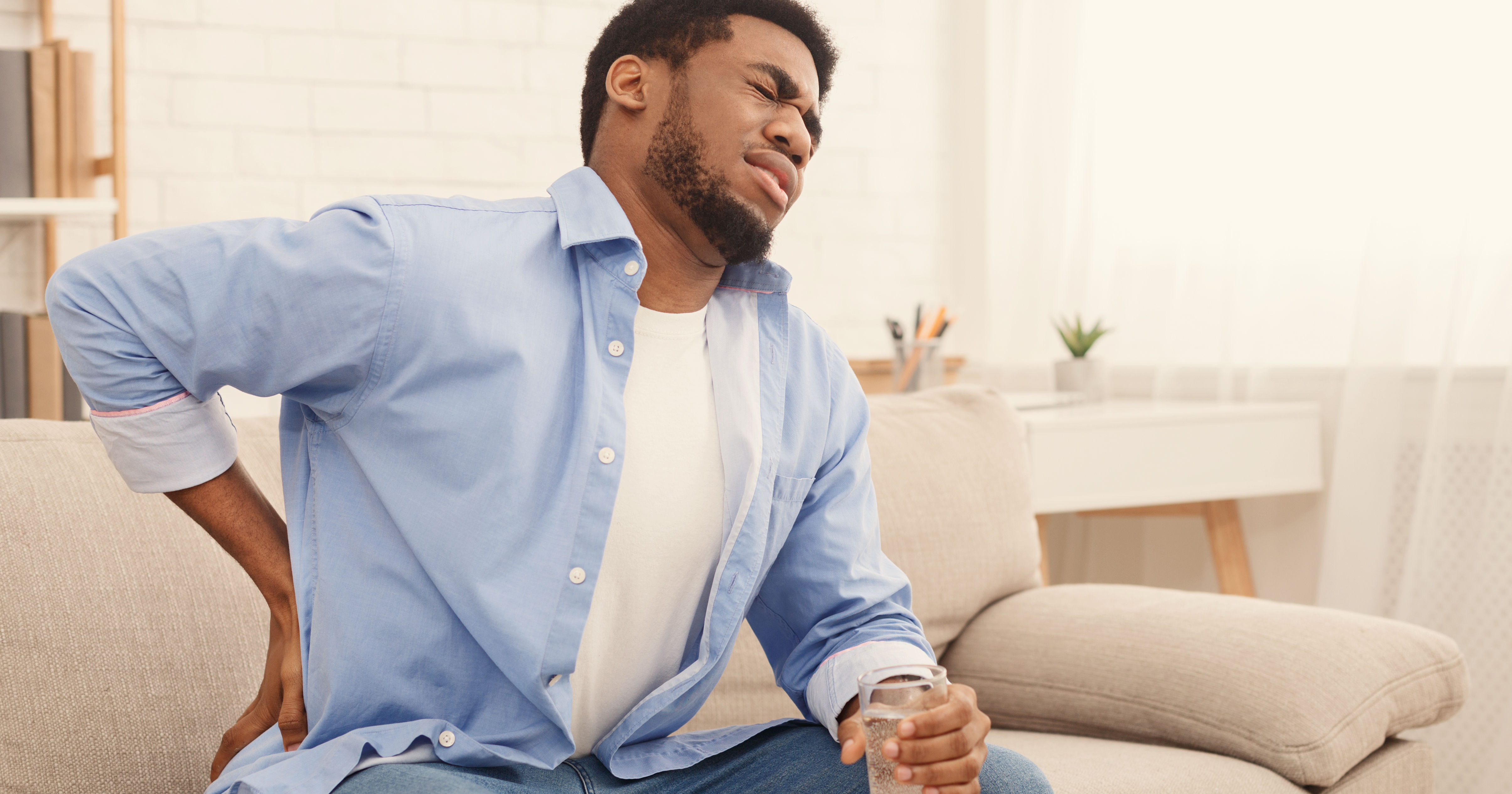
TMJ Pain Relief with Chiropractic Treatment After Car Crash in Decatur
Jaw or TMJ pain is a fairly common problem reported by many people after a car accident, and it can be challenging for some doctors to diagnose the root of the problem. Complicating the matter, oftentimes you won't experience TMJ symptoms until many weeks or months after a crash.
Dr. Harrison has helped many individuals with jaw pain after an injury, and the medical research explains what produces these types of symptoms. During a car crash, the tissues in your spine are commonly stretched or torn, causing ligament, muscle, or nerve injury. This can obviously cause pain in the neck and back, but since your central nervous system is one functioning unit, irritation of the nerves can cause problems in other parts of your body.
For example, with radicular pain, irritation of a nerve can cause prickling or pins and needles in the arm or hand. Similarly, it can affect parts of your body above the injured tissues, like your head and jaw. Headaches after auto injury are very common because of neck injury, and the jaw works the same way. Dr. Harrison sees this very frequently in our Decatur office.
Research Proves Chiropractic Treatment Lessens TMJ Pain After Car Crash
Research indicates that the source of many jaw or TMJ problems starts in the cervical spine and that treatment of the underlying neck injury can fix the secondary headaches or jaw symptoms. The secret to resolving these symptoms is simple: Dr. Harrison will work to restore your spinal column back to health, relieving the inflammatory reaction, treating the injured areas, and lessening the irritation to the nerves in your spine.
Dr. Harrison has found that jaw and headache symptoms often resolve once we restore your spine to its healthy condition.
If you reside in Decatur and you've been hurt in a crash, Dr. Harrison can help. We've been treating auto injury patients for many years and we can most likely help you, too. Give our office a call today at (404) 325-2856 for an appointment or consultation.
Ciancaglini R, Testa M, Radaelli G. Association of neck pain with symptoms of temporomandibular dysfunction in the general adult population. Scandinavian Journal of Rehabilitation Medicine 1999;31:17-22.
Brantingham JW, Cassa TK, Bonnefin D, Pribicevic M, Robb A, et al. Manipulative and multimodal therapy for upper extremity and temporomandibular disorders: a system review. Journal of Manipulative and Physiological Therapeutics 2013;36(3):143-201.



